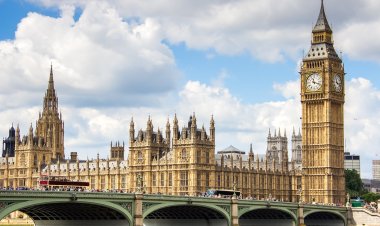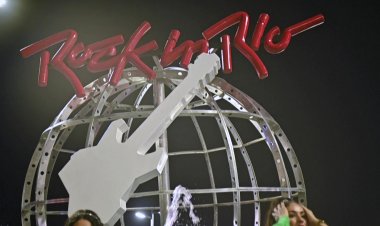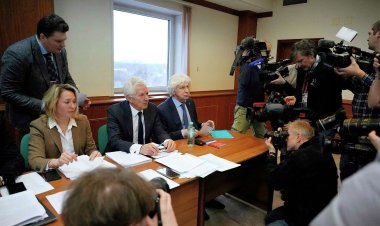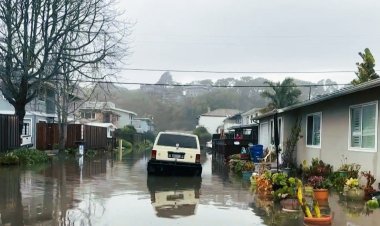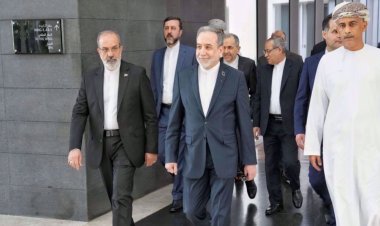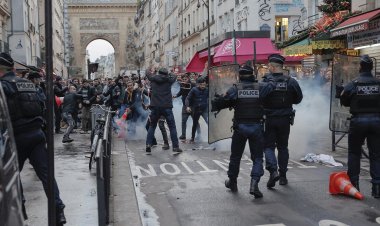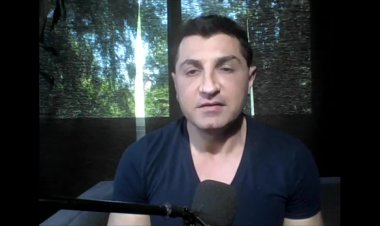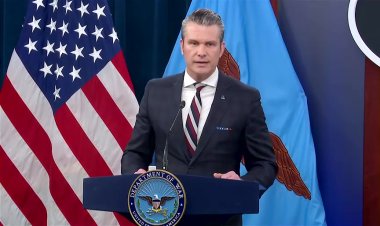Taksim Square Protests
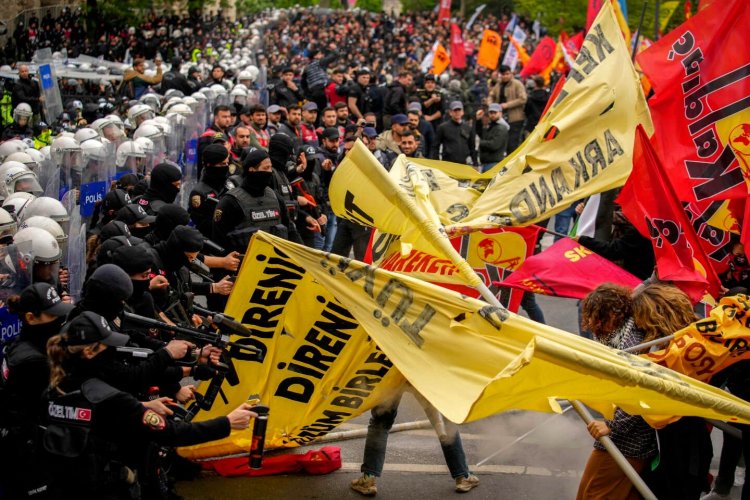
Turkish police fired tear gas and rubber bullets and detained more than 200 protesters after authorities banned May 1 rallies at Istanbul's historic Taksim Square.
More than 40,000 police were deployed across Istanbul, blocking even small side streets with metal barriers in an attempt to prevent protesters gathering.
Police clashed with demonstrators near city hall in the Sarachane district, firing tear gas and rubber bullets to stop protesters breaching barricades.
Tall metal barriers were put up around the square, where authorities have banned rallies since 2013, when it was the focus of demonstrations against President Recep Tayyip Erdogan's government.
In 2023, Turkey's top constitutional court ruled that the closure of Taksim Square for protests was a violation of rights.
The square was a rallying ground for May Day celebrations until 1977, when at least 34 people were killed during demonstrations. Authorities opened it up again in 2010, but it was shut again after the 2013 protests.
Erkan Bas, Lawmaker and chair of the Workers' Party of Turkey said "The government is carrying on with their mentality of using oppression as part of their governing strategy. In fact, although the March 31 local elections yielded a result in which the citizens' revolt against this oppression was reflected at the ballot box, the government is aware of this fact; as soon as it loosens its oppressive grip, it has no chance of staying in power in Turkey under these conditions of poverty, hunger and misery."
In the Besiktas district, police detained at least 30 left-wing protesters who were shouting "Taksim cannot be banned".
Turkey's main opposition Republican People's Party (CHP) and unions had pressed the government to open the square for labor rallies but Erdogan warned against any provocation.




